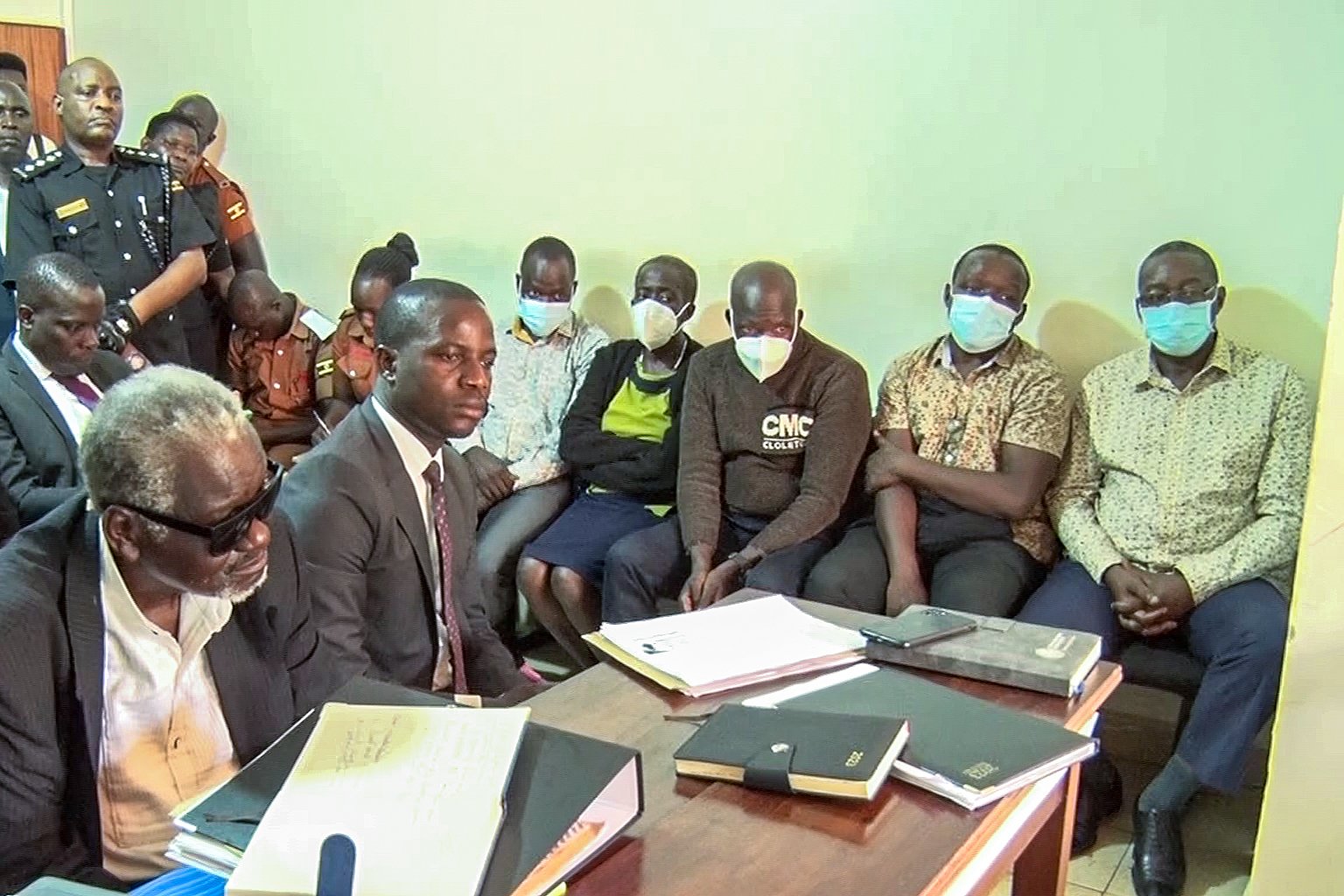Kerry Howard Mwesigwa
Two officers from Kitgum District, Atwom Morish and Ocira Denish, have been arraigned before the Anti-Corruption Court on charges of diverting funds intended for the implementation of the Parish Development Model (PDM). This model, designed to combat poverty in Uganda, empowers local parishes to drive community development, planning, and accountability.
The charges against Atwom Morish, the Kitgum Commercial Officer, and Ocira Denish, the Agricultural Officer, highlight their alleged involvement in diverting over UGX 500 million from the PDM initiative. Such actions undermine the intended impact of the program, which aims to uplift communities and bring about socio-economic transformation at the grassroots level.
These individuals join a list of previously charged officials, including the Chief Administrative Officer (CAO), further exposing the depth of the corruption in the country. The Anti-Corruption Court’s actions demonstrate the commitment to holding accountable those implicated in corrupt practices.
Efforts to combat corruption have gained momentum through the State House Anti-Corruption Unit (SH-ACU), which has made notable strides in recovering misappropriated funds. In 2022 alone, the SH-ACU successfully retrieved Ugx35.484 billion and apprehended 448 suspects involved in corruption-related activities. Of the accused, 70 individuals, comprising government accounting officers, executive officers, managing directors, secretaries of commissions, CAOs, and town clerks, have been convicted by the courts.
Established by the President, the SH-ACU plays a crucial role in ensuring a corruption-free society. It collaborates with constitutionally mandated agencies like the Inspectorate of Government (IGG) to address corruption issues effectively and acts as a vital link between the President office, citizens, and other anti-corruption bodies. The charges laid against Atwom Morish and Ocira Denish highlight the urgent need for robust anti-corruption measures and reinforce the need for transparency and accountability in public service.















